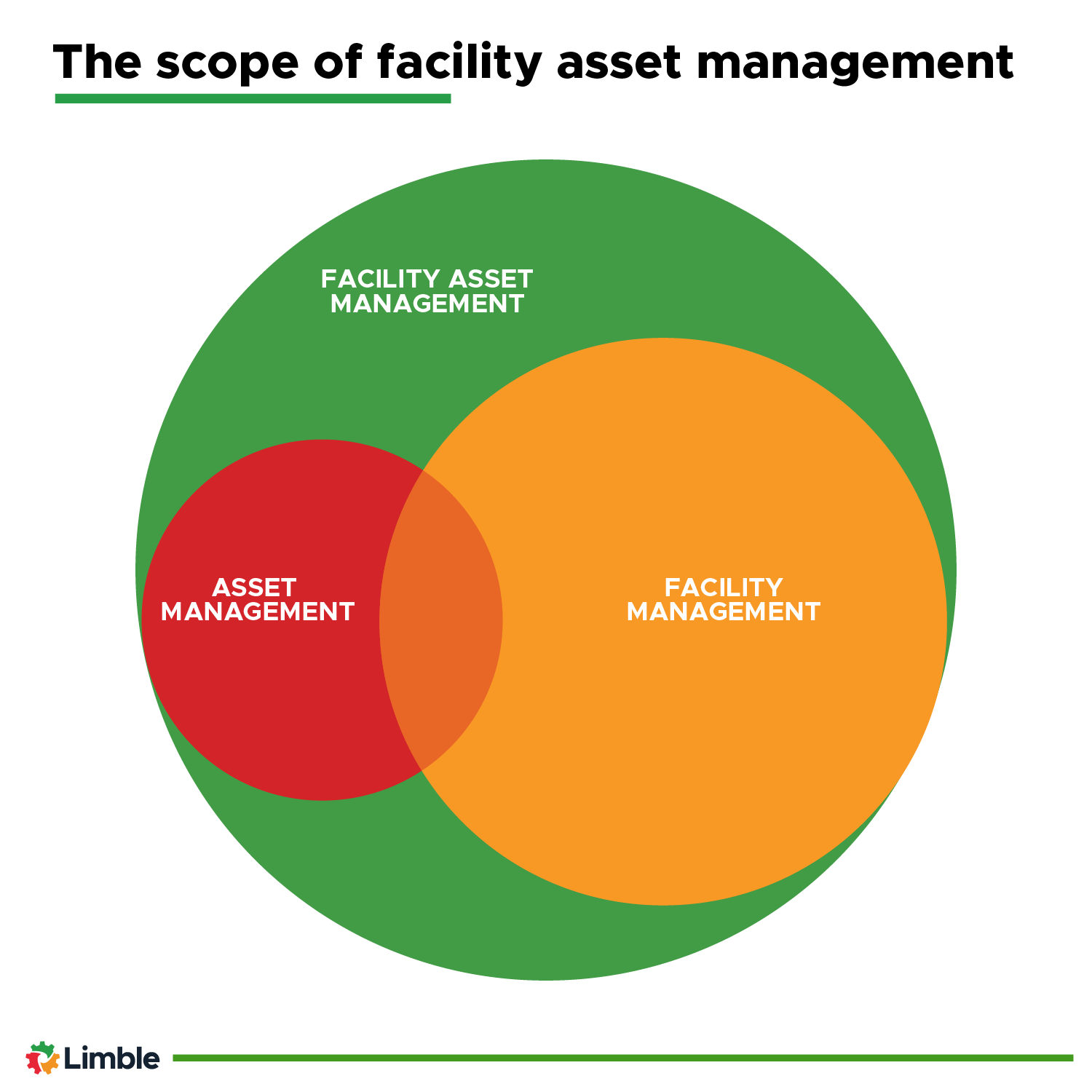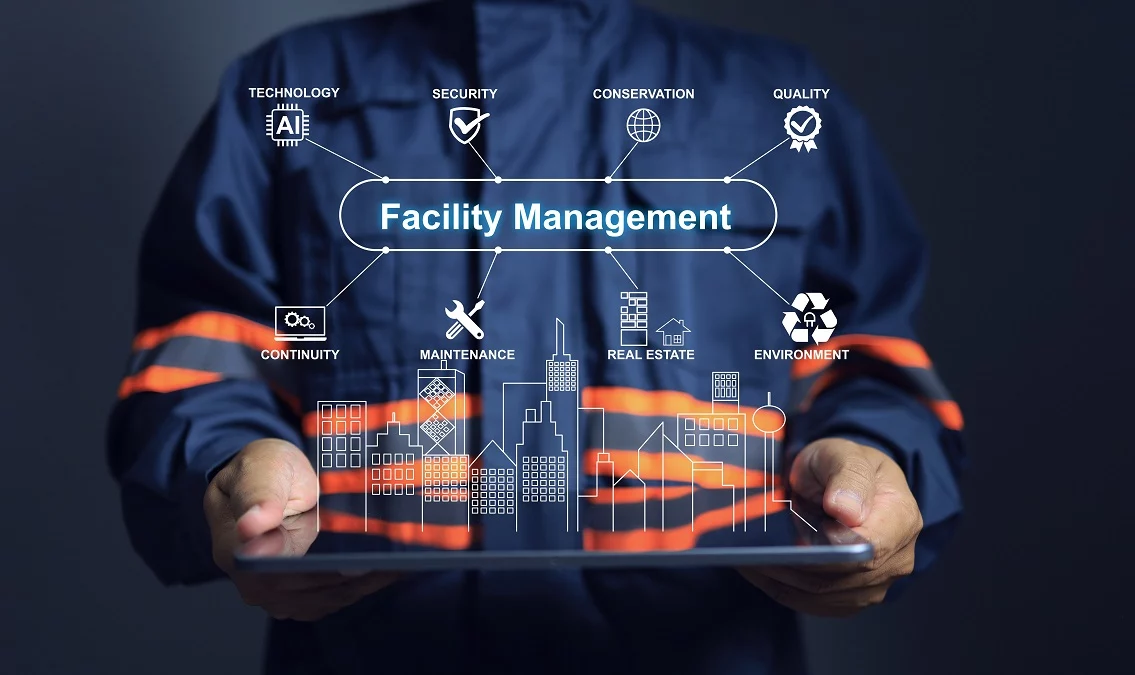Comprehensive Guide to Facility Management for Companies
Comprehensive Guide to Facility Management for Companies
Blog Article
Trick Patterns Shaping the Future of Facility Administration in 2024
As we look in advance to 2024, the landscape of center administration is positioned for significant change, driven by a number of essential fads. The assimilation of smart structure modern technologies and a shift in the direction of data-driven decision-making pledge to boost operational efficiency while prioritizing sustainability in technique.
Smart Structure Technologies

Smart structure innovations incorporate a vast array of systems, including intelligent illumination, heating and cooling controls, and safety and security systems. By integrating these systems, facility supervisors can check and adjust specifications in real-time, resulting in substantial decreases in energy waste and operational costs. Smart sensors can find tenancy levels and change illumination and temperature level appropriately, ensuring that power is just made use of when needed.
Furthermore, these modern technologies promote improved data collection, permitting organizations to track use patterns and determine opportunities for additional renovations. The application of clever building technologies not just adds to sustainability goals however likewise produces healthier workplace that can increase staff member efficiency and complete satisfaction.
As we move right into 2024, the adoption of clever structure modern technologies will likely accelerate, mirroring a more comprehensive shift in the direction of even more intelligent, receptive, and sustainable center administration techniques.
Data-Driven Choice Making
Increasingly, companies are leveraging data-driven choice making to boost facility management methods. By taking advantage of information analytics, center managers can acquire actionable insights that considerably boost operational efficiency and source allowance. The combination of advanced modern technologies, such as IoT sensors and real-time surveillance systems, enables the collection of vast amounts of information on structure efficiency, occupancy prices, and power consumption.
This wide range of details permits center supervisors to determine fads, forecast upkeep requirements, and proactively address concerns prior to they intensify. As an example, anticipating analytics can forecast devices failures, decreasing downtime and fixing costs. Furthermore, data visualization devices help with better communication amongst stakeholders, making sure that informed decisions are made collaboratively.
Furthermore, data-driven strategies improve tactical planning by allowing center supervisors to assess the performance of current techniques and make educated choices concerning investments in technology or framework. As companies increasingly focus on functional quality, data-driven choice making is positioned to come to be a foundation of successful facility management techniques in 2024 and beyond. Eventually, the ability to leverage data effectively will equip companies to produce more efficient, effective, and durable centers.
Sustainability and Eco-friendly Practices
The emphasis on data-driven choice making naturally lines up with the growing concentrate on sustainability and eco-friendly methods within center monitoring. As organizations progressively prioritize environmental obligation, facility managers are leveraging analytics to enhance resource usage, minimize waste, and decrease carbon impacts. This strategic approach enables the combination of energy-efficient systems, such as LED illumination, clever cooling and heating controls, and renewable resource sources into facility procedures.
In addition, the execution of sustainable techniques expands beyond power usage. Facility managers go are adopting environmentally friendly products and advertising reusing efforts to create a round economic climate within their centers. This not only improves the ecological account of the company but likewise promotes a society of sustainability amongst employees.
Compliance with ecological laws is an additional important facet driving the adoption of green techniques. By using data analytics, center managers can check conformity metrics and identify areas for enhancement, making certain adherence to regional and international sustainability requirements.
Crossbreed Job Models
A significant shift in the direction of hybrid work versions is improving the landscape of center administration in 2024. This paradigm combines remote and in-office work, requiring a reevaluation of room utilization, resource allotment, and employee interaction approaches. Organizations are significantly identifying the importance of versatile work spaces that deal with varied demands and preferences.
Facility managers must adapt by applying flexible office styles that support collective initiatives while offering areas for concentrated job. This includes the integration of technology to promote seamless interaction and partnership amongst in-office and remote employees. Smart structure options, outfitted with analytics and sensors, enable real-time tracking of room usage, making it possible for companies to enhance their settings successfully.
Moreover, hybrid job models stress the need for efficient center management that prioritizes worker experience. This incorporates not only technology and area style but Learn More Here likewise the development of plans that promote a well balanced work-life dynamic. As business navigate this change, the function of facility management becomes essential in developing a nimble work environment that cultivates performance and drives business success. In significance, the hybrid work version is transforming center management, urging a proactive technique to satisfy the advancing demands of the workforce.
Improved Resident Wellness
As companies welcome hybrid job models, an enhanced concentrate on occupant health is ending up being important to center management methods. Facility Management. This shift identifies that a healthy and balanced and satisfied labor force straight affects efficiency and retention prices. check out this site Center supervisors are currently prioritizing environments that advertise physical and psychological well-being, incorporating aspects such as natural lights, biophilic layout, and available wellness resources

Innovation plays a vital role in this evolution. Smart building systems can keep track of ecological variables and readjust setups in real-time, ensuring optimal convenience levels - Facility Management. Responses systems, such as occupancy sensing units and staff member studies, permit center managers to continually improve wellness initiatives based on occupant needs.

Final Thought
In 2024, the future of facility management will be substantially affected by the combination of clever structure innovations and data-driven decision-making, promoting enhanced functional effectiveness. These fads collectively emphasize the evolving landscape of center management in action to modern obstacles and opportunities.
Center managers are advertising and taking on environment-friendly materials reusing initiatives to create a round economy within their facilities.A considerable change towards hybrid work designs is improving the landscape of facility management in 2024.Moreover, hybrid work versions emphasize the demand for reliable facility monitoring that focuses on worker experience.As companies welcome hybrid work versions, an increased emphasis on occupant wellness is ending up being integral to center monitoring strategies.In 2024, the future of facility administration will certainly be substantially affected by the assimilation of smart structure technologies and data-driven decision-making, cultivating enhanced functional performance.
Report this page